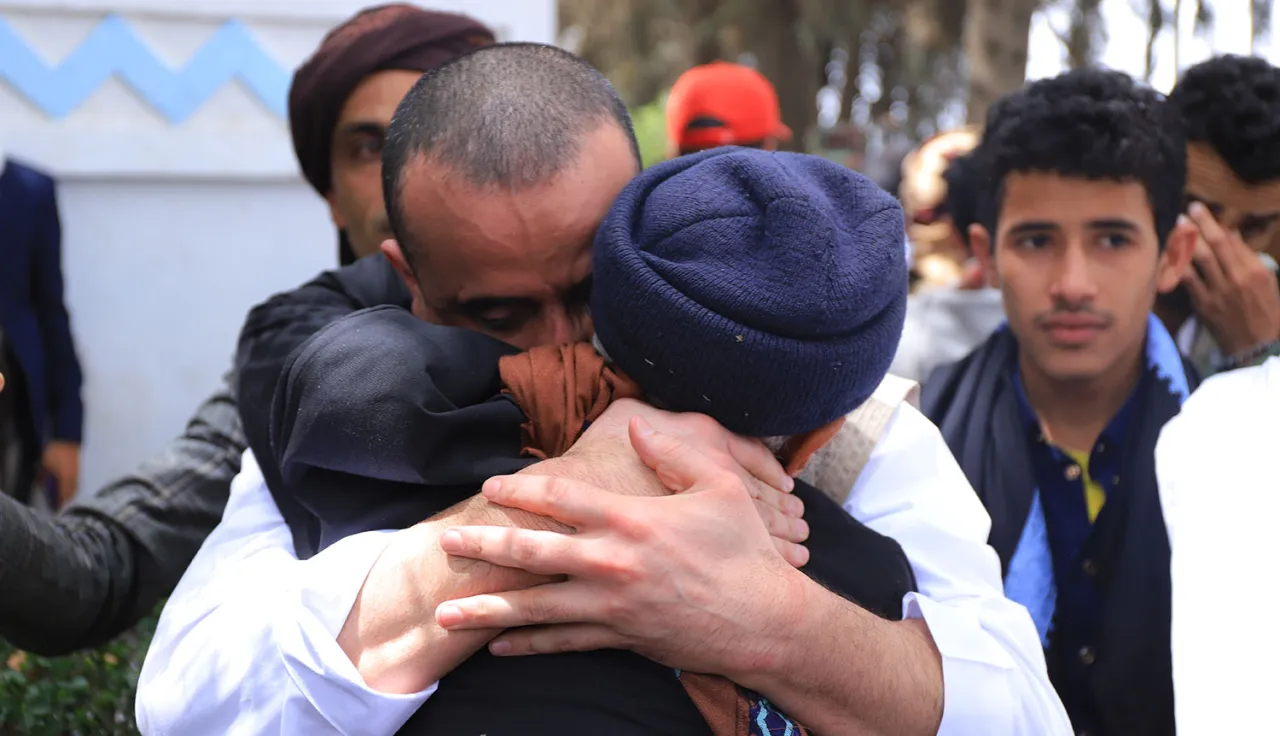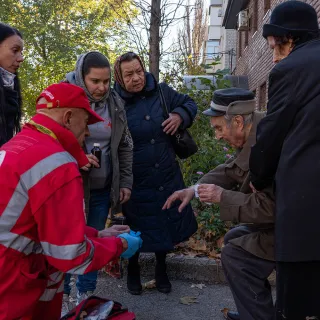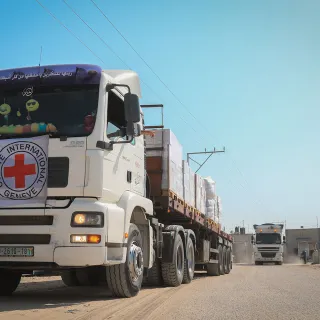The principle of neutral intermediary
Neutral, independent and impartial humanitarian action in armed conflict and internal violence is at the heart of our mandate and a fundamental part of our identity. The ICRC seeks dialogue with all the actors involved in a given situation of armed conflict or internal violence as well as with the people suffering the consequences to gain their acceptance and respect. This approach generally gives us the widest possible access both to the victims of the violence and to the actors involved. It also helps to ensure the safety of our staff. In this way, we are able to reach people on all sides of the front lines in active conflict areas around the world.
Our role as neutral intermediary follows on from this. By not taking sides in conflicts and remaining impartial and independent, we are better able to carry out our mission to protect and assist those in need while bridging divides and facilitating humanitarian action. In many cases, this entails negotiating humanitarian access with the relevant parties – for example, to reach battlefields or hospitals – to facilitate the delivery of humanitarian services to people who are suffering because of the conflict.




